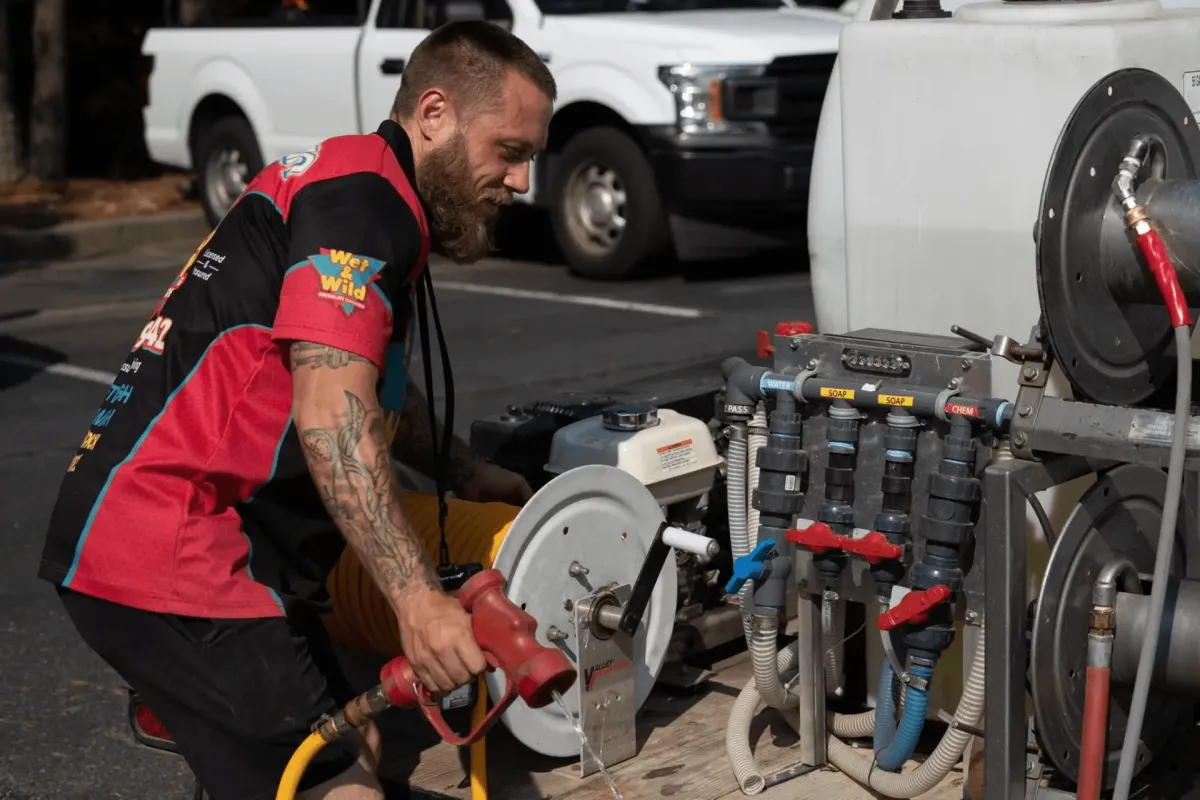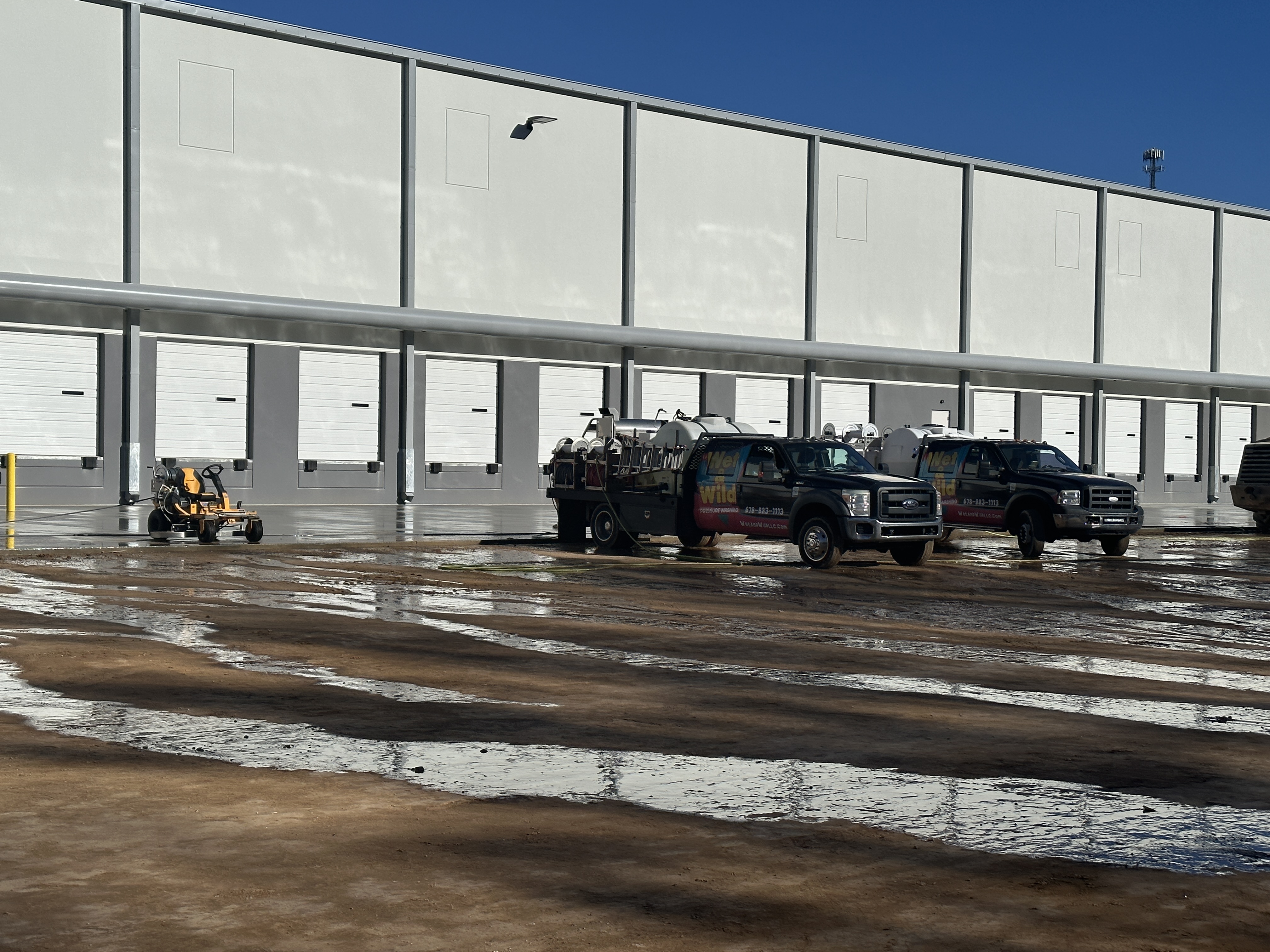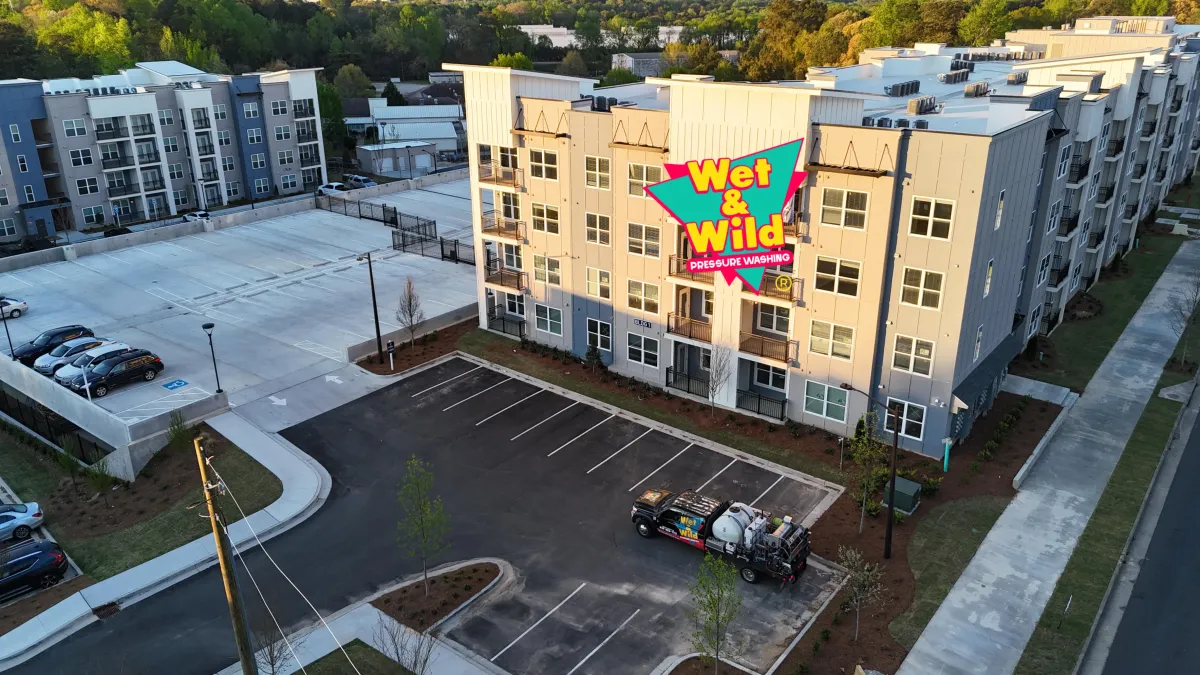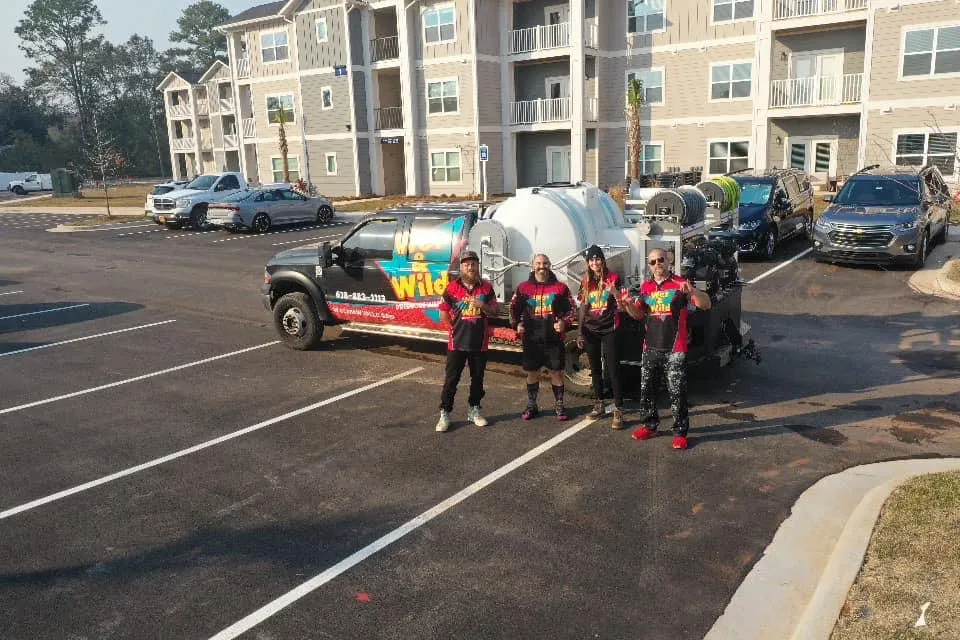
GET A FREE QUOTE: (678) 883-1113
WET AND WILD
PRESSURE WASHING

GET A FREE QUOTE: (678) 883-1113
WET AND WILD
PRESSURE WASHING
MISSION
OUR MISSION
Wet And Wild Pressure Washing is a company that does everything from residential to commercial work. We are known for our high quality of service, excellent customer relations skills with all types or backgrounds. Servicing Chattahoochee Hills, GA for nearly a decade!
MISSION
OUR MISSION
Wet And Wild Pressure Washing is a company that does everything from residential to commercial work. We are known for our high quality of service, excellent customer relations skills with all types or backgrounds. Servicing Chattahoochee Hills, GA for nearly a decade!
GALLERY
GALLERY
G A L L E R Y
GALLERY
S E R V I C E S
SERVICES



Power Washing
Our power washing service is the solution to all your exterior cleaning needs. We use high-pressure water jets to blast away dirt, grime, and debris from surfaces, leaving them looking like new.
Soft Washing
Soft washing is a gentle and effective cleaning method that uses low-pressure water and specialized cleaning solutions to remove dirt, grime, and stains from surfaces. This method is perfect for delicate surfaces such as roofs, windows, and siding as it doesn't cause any damage.
Commercial
We provide our power washing services to commercial buildings like clock towers, courthouses, parking garages, hospitals, etc.
SERVICES
SERVICES

Power Washing
Our power washing service is the solution to all your exterior cleaning needs. We use high-pressure water jets to blast away dirt, grime, and debris from surfaces, leaving them looking like new.

Soft Washing
Soft washing is a gentle and effective cleaning method that uses low-pressure water and specialized cleaning solutions to remove dirt, grime, and stains from surfaces. This method is perfect for delicate surfaces such as roofs, windows, and siding as it doesn't cause any damage.

Commercial
We provide our power washing services to commercial buildings like clock towers, courthouses, parking garages, hospitals, etc.
TESTIMONIALS
Ready to make your home or business shine?









